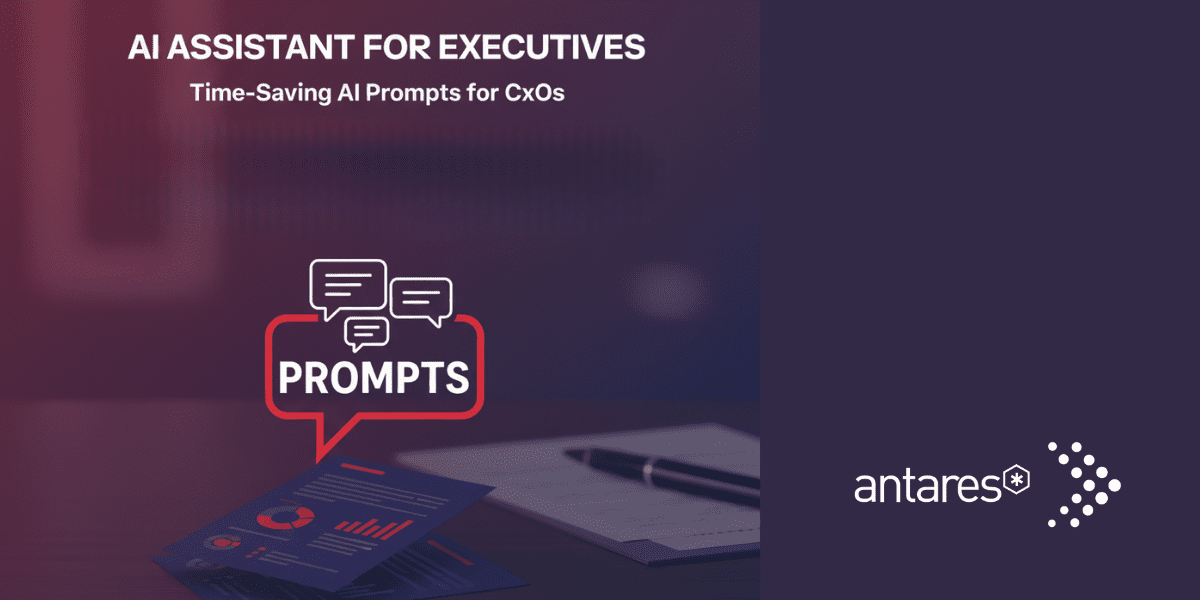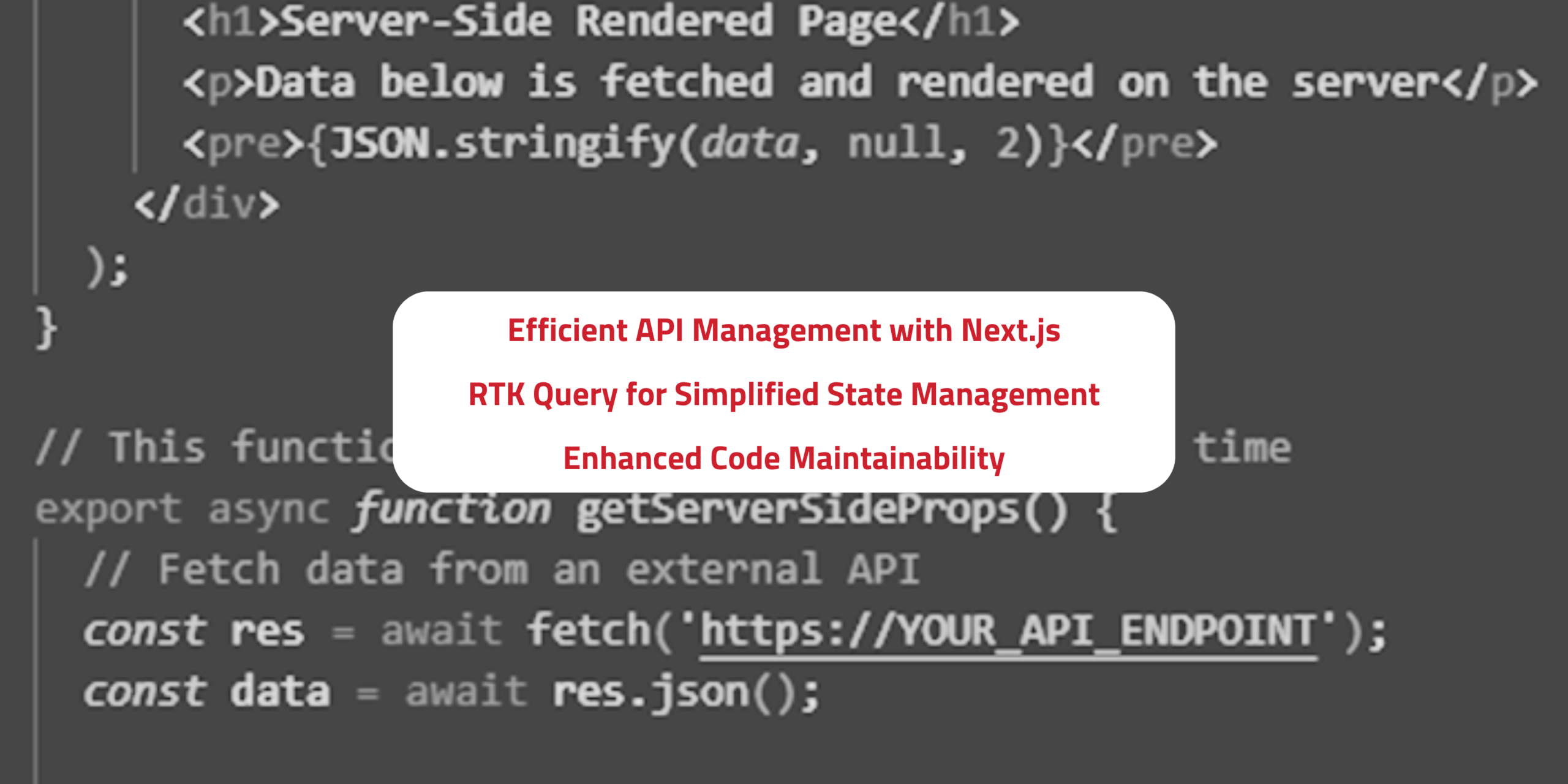In the world of business analytics, Microsoft Fabric is a game-changer, providing a complete solution that covers everything from moving data to advanced analytics. As companies deal with the complexities of managing and analysing data, Fabric stands out for its efficiency and seamless integration, simplifying processes and enabling data-informed decision-making. Let’s take a closer look at Microsoft Fabric, examining its features, benefits, and impact on data analytics.
The Essence of Microsoft Fabric
At its core, Microsoft Fabric is an all-in-one analytics solution designed for enterprises. It encompasses a wide spectrum of functionalities, including data movement, data science, real-time analytics, and business intelligence. By consolidating these diverse capabilities into a single platform, Fabric simplifies the analytics journey for organisations, offering a seamless experience that enhances productivity and insights generation.
Understanding Microsoft Fabric’s Benefits
The allure of Microsoft Fabric lies in its ability to simplify complex analytics requirements. Here are the key advantages that Fabric brings to the table:
- Extensive Analytics Integration: Fabric provides access to a comprehensive range of deeply integrated analytics tools and services, making it a one-stop solution for all analytical needs.
- Unified User Experience: With Fabric, users benefit from shared experiences that are familiar and easy to learn, fostering collaboration and knowledge sharing across teams.
- Unified Data Lake: Fabric offers a unified data lake that allows organisations to retain data in its original location while leveraging their preferred analytics tools, ensuring flexibility and efficiency.
- Centralised Administration and Governance: Fabric enables centralised administration and governance across all analytics experiences, enhancing control and security.
OneLake: The Foundation of Microsoft Fabric
Central to the Microsoft Fabric ecosystem is OneLake, also known as Microsoft Fabric Lake. OneLake serves as the cornerstone upon which all Fabric services are built, providing a unified repository for organisational data. Built on Azure Data Lake Storage (ADLS) Gen2, OneLake offers a seamless Software as a Service (SaaS) experience, catering to both professional and citizen developers.
OneLake revolutionises data storage by eliminating silos and providing a unified storage system that simplifies data discovery, sharing, and compliance with policies and security protocols. Moreover, all Microsoft Fabric compute experiences are prewired to OneLake, ensuring effortless integration and usage across Data Engineering, Data Warehouse, Data Factory, Power BI, and Real-Time Analytics.
Unleashing Insights with Microsoft Fabric’s Key Features
Microsoft Fabric’s prowess is further exemplified through its standout features that drive efficiency and innovation in data analytics:
- OneLake: A preconfigured, ready-to-use data lake that simplifies data storage and retrieval processes, offering blazing-fast performance for data operations.
- Delta-Lake Technology: At the heart of Fabric lies Delta-Lake technology, transforming Lakehouse tables into dynamic “delta tables” with capabilities such as fast data updates, automatic historicization, and time travel functionality.
- Spark Starter Pool: Fabric’s Spark Starter Pool provides a hassle-free Spark cluster setup with configurations tailored to common scenarios, enhancing performance and scalability.
- Direct-Lake Semantic Model: Offering instantaneous data updates and collaboration capabilities for multiple developers, the Direct-Lake Semantic Model is ideal for handling large datasets and complex analytical tasks.
Continuous Improvement and Future Enhancements
While Microsoft Fabric excels in many areas, continuous improvement remains a focal point for driving innovation and addressing user feedback. Areas for improvement and future enhancements include:
- Data Pipelines: Dynamic notebook calling and enhanced on-premises connectivity performance are on the roadmap for Fabric’s data pipelines.
- SQL Endpoint: Addressing occasional data refresh delays between Lakehouse and SQL Endpoint to ensure seamless data synchronization.
- Lakehouse: Future enhancements include the introduction of database schema features for improved access control and data organisation.
- Notebook: Streamlining session establishment on Spark pools and optimising performance for varying capacity configurations.
Antares, Your Microsoft Fabric Partner
Interested in learning more about how your organisation can leverage Microsoft Fabric to manage your data?
Contact us for a detailed discussion.




